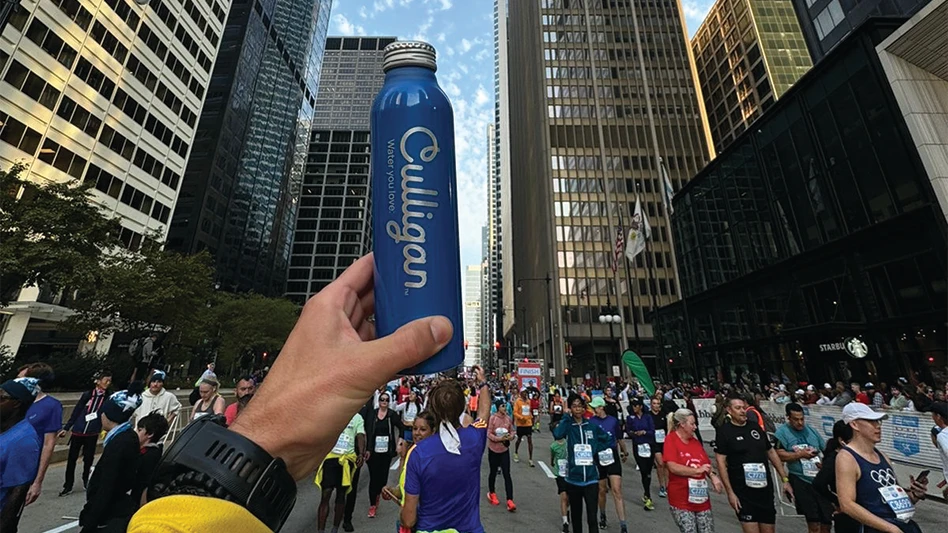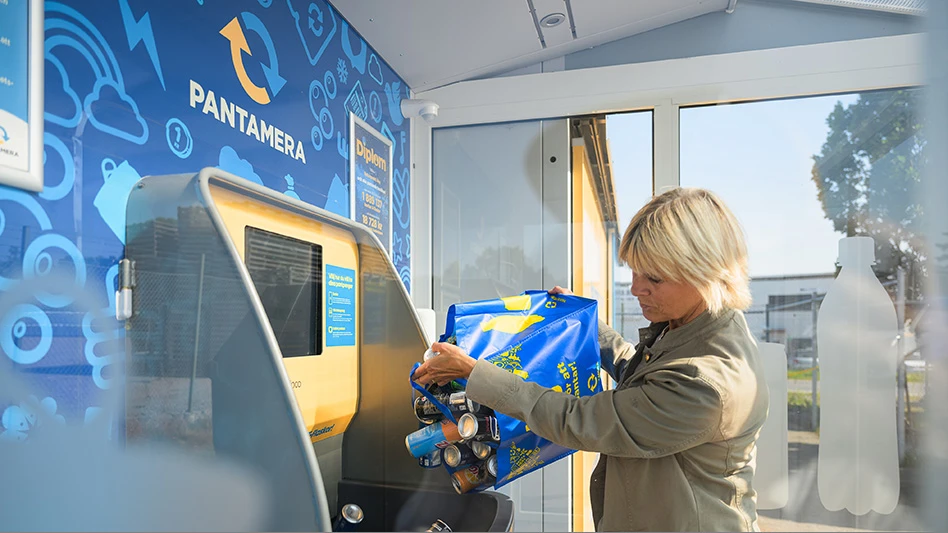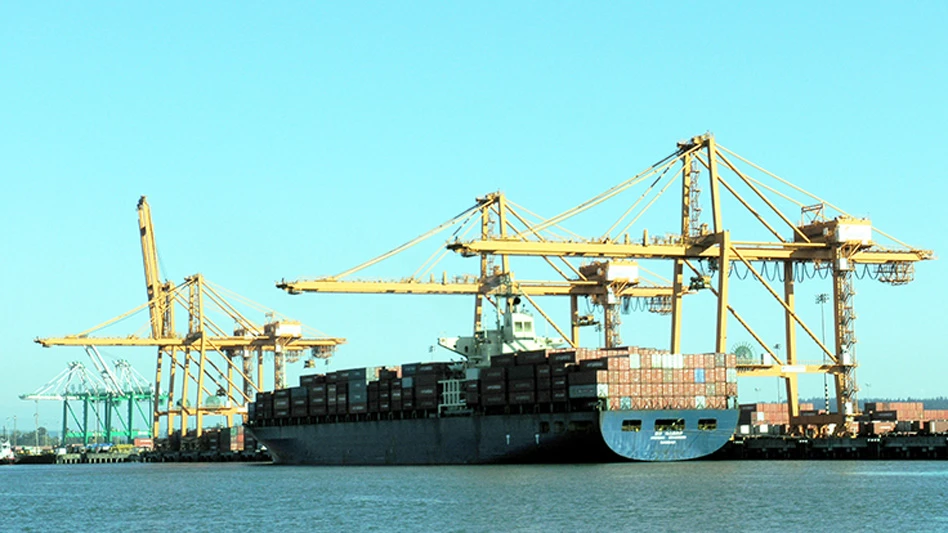
With its National Sword policy banning many types of postconsumer recyclables, China has stopped at its borders many of the most contaminated recovered plastics. For domestic recyclers, like Aaron Industries Corp., Leominster, Massachusetts, that means more burden on filtering systems.
A compounder of more than 200 grades of recycled plastics, Aaron recently turned to Zimmer America Recycling Solutions (ZARS), Cowpens, South Carolina, the U.S. representative for Fimic Srl, Carmignano, Italy, to spec out a new melt filter as part of a new line targeting particularly contaminated materials.
Aaron chose a new RAS 500 melt filter from Fimic to go along with a new extruder from Davis-Standard LLC, Pawcatuck, Connecticut.
“The largest obstacle for Fimic was ensuring their melt filter would marry up flawlessly to the new extruder, electrically and physically,” Joe Firmani, purchasing and inventory-control manager at Aaron, says.
The parties involved in adding the new system had to overcome geographic differences. “Constant communication between Aaron, Zimmer, Davis-Standard and Fimic and the open sharing of specifications, was key to success,” Firmani says. “Having key people available at all sites, flexible with their time so specifications could be reviewed, questions [and] concerns aired and discussed live rather than via email was a factor.”
All of Fimic’s melt filters are customized, but the RAS 500 model has been in production for several years. As an automated, self-cleaning filter, it was designed to handle highly contaminated materials, starting at 1 percent and going as high as 15 to 20 percent, says Michele Colombari, regional sales manager at Fimic.
Fimic coordinated with Aaron on the addition of the Davis-Standard extruder. “We need to understand the capacity of the extruder to match it up with a screen size,” Colombari says. Fimic uses three factors to determine the required filter diameter: the materials being processed, the extruder size and throughput and the desired fineness of filtration.
“We have various screen diameters, which obviously result in a different surface area. That’s why it was decided to use an RAS 500, which is 500 millimeters (nearly 20 inches) [in] diameter,” Colombari says. The RAS 500 has a surface area of approximately 296 square inches.
“Things like the melt filter’s center height and flange needed no adjustments,” Firmani says. “It just rolled right into place as if made in the same factory as the extruder.”
Technical representatives from Fimic were on-site when the wiring was completed. To cap the collaboration, Fimic was able to deliver the melt filter just as the wiring on the extruder was being completed. That allowed the electricians to continue without any downtime. The installation took place in April, with operation beginning in a day.
The Fimic melt filter can process many types of contaminants without the need for prefiltering.
The Fimic screens can last for days, sometimes weeks or even months, according to the company.
“The solution allows them to work on a continuous basis, without stopping production or without losing money for replacing screens,” Colombari says. Many recyclers, he adds, must change screens every few minutes.
That can be hundreds, even thousands, of screen changes a day.
“With our solution, of course, you are continuously cleaning the surface of the screen, which can be either a punched screen or laser screen, depending on how fine they need to filter on a continuous basis,” Colombari says. “So, the surface of the screen is always getting cleaned from a scraping system.”
The screen changer not only has cut downtime, but it’s also contributed to improved product quality and greater consistency. It all adds up to labor savings, according to ZARS.
Firmani says the new line, including the extruder and melt filter, have stood up to the challenge posed by contaminated plastic streams.
“The extruder is capable of 2,000 pounds per hour with decent quality feedstock,” he says. “The melt filter has allowed us to maintain that rate with feedstocks that are heavily contaminated and has opened up additional postconsumer feed streams without any negative impact on the quality of our finished product.”
For more information
Aaron Industries Corp., 978-534-6135, www.aaroninc.com
Davis-Standard LLC, 860-599-1010, https://davis-standard.com
Zimmer America Recycling Solutions (ZARS), 864-464-0007, www.zars-usa.com
Get curated news on YOUR industry.
Enter your email to receive our newsletters.

Explore the November 2018 Plastics Recycling Issue
Check out more from this issue and find your next story to read.
Latest from Recycling Today
- Nucor expects slimmer profits in early 2025
- CP Group announces new senior vice president
- APR publishes Design Guide in French
- AmSty recorded first sales of PolyRenew Styrene in 2024
- PRE says EU’s plastic recycling industry at a breaking point
- Call2Recycle Canada, Staples Professional expand partnership
- Circular Services breaks ground on north Texas MRF
- Tariff uncertainty results in choppy nonferrous scrap flows






